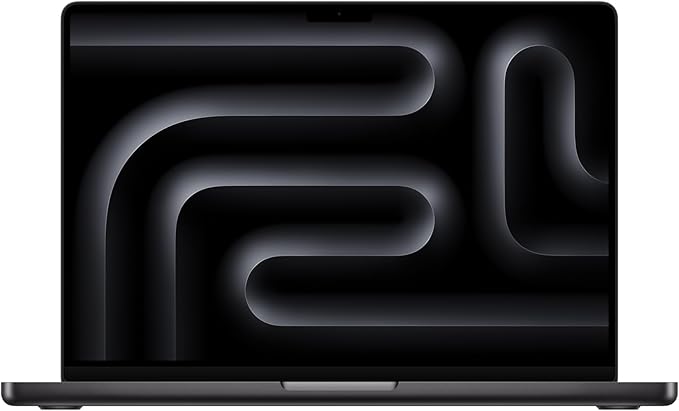For engineering in college, you’ll need a laptop that can handle demanding software applications used in various fields like CAD, simulation, and programming. Here’s what to look for in an engineering laptop:
1. Processor (CPU):
- Recommended: Intel Core i7 or AMD Ryzen 7 (or higher).
- Why: Engineering software such as AutoCAD, MATLAB, or SolidWorks requires high computational power, so a fast processor is crucial.
2. Graphics (GPU):
- Recommended: Dedicated GPU like NVIDIA GeForce GTX/RTX or AMD Radeon (at least 4GB VRAM).
- Why: If you’re working with 3D modeling, simulations, or design tools like SolidWorks or ANSYS, a good GPU ensures smooth performance.
3. RAM:
- Recommended: 16GB minimum, 32GB if you can afford it.
- Why: Engineering software is memory-intensive, and multitasking between different programs (e.g., MATLAB, Excel, a web browser) is common.
4. Storage:
- Recommended: At least 512GB SSD (Solid State Drive).
- Why: SSDs are faster than traditional HDDs and improve overall system responsiveness. Engineering projects and files can be large, so having ample storage is necessary.
5. Display:
- Recommended: 15-17 inch, Full HD (1920×1080) or higher resolution.
- Why: A larger, high-resolution screen is beneficial for detailed design work or coding. Some students may also benefit from a higher color accuracy display if working with design or graphics.
6. Battery Life:
- Recommended: 6-8 hours of battery life.
- Why: Portability is key in college, especially if you’re moving between classes, the library, and home.
7. Ports:
- Recommended: USB-C, USB 3.0, HDMI, and possibly an SD card slot.
- Why: You’ll need various connectivity options for external monitors, peripherals, and transferring files.
8. Operating System:
- Recommended: Windows 10 or 11.
- Why: Most engineering software runs on Windows, so it’s the most compatible OS for your studies.
Some recommended laptops for engineering students:
- Dell XPS 15: Great balance of performance, build quality, and portability.
- Lenovo ThinkPad P Series: Powerful workstation laptops with excellent build quality.
- ASUS ROG Zephyrus G14: A gaming laptop with strong performance, useful for demanding engineering software.
- HP Spectre x360: A more portable option with good specs and long battery life.
For more detailed recommendations, you can check out your article “Best Laptops for Engineering Students” here: https://engineeringlaptops.com/best-laptops-for-engineering-students/.
FAQs
Yes, engineering students typically need laptops with powerful processors, sufficient RAM (at least 16GB), dedicated graphics cards, and ample storage. These specifications help run resource-intensive software like CAD, simulation tools, and programming environments, ensuring efficient performance during projects and coursework. Portability and battery life are also important considerations.
Yes, a laptop is essential for first-year engineering students. It facilitates access to online resources, supports coursework, and enables the use of engineering software. With a laptop, students can take notes, collaborate on projects, and complete assignments efficiently, making it a crucial tool for academic success.
Yes, a good laptop is essential for computer engineering students. You’ll need a machine with a powerful processor, sufficient RAM, and dedicated graphics for programming, simulations, and running software like IDEs, virtual machines, and design tools. A reliable laptop enhances productivity and ensures a smooth learning experience throughout your studies.
Yes, engineering students typically need a laptop with a dedicated graphics card, especially for tasks like 3D modeling, simulation, and CAD applications. A robust GPU enhances performance in software such as AutoCAD, SolidWorks, and MATLAB, enabling smoother rendering and faster processing, which are essential for effective coursework and projects.











